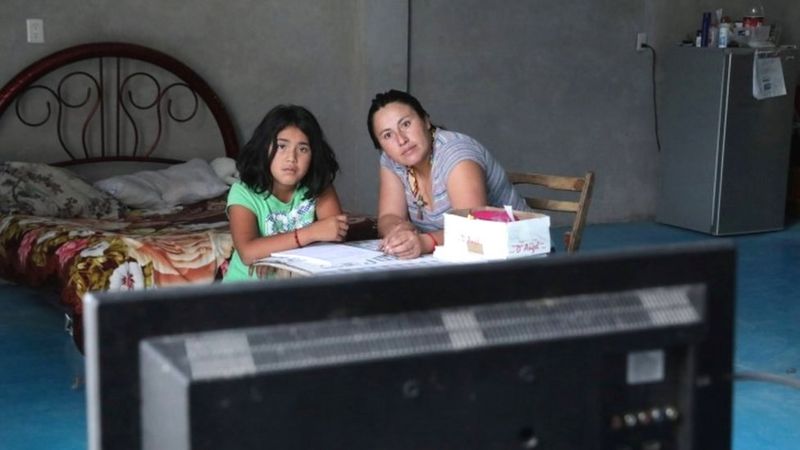
The digital divide is definitely not something new. Within the field of communication for development it has been a broadly discussed topic. Although more and more people are connected some way, there are still numerous left behind. Those people at the margins are often the most vulnerable in society. The current COVID-19 pandemic has showed that the digital divide is even further increasing. The growth in the use of ICT within education has led this digital divide to create an educational divide as well. This rapid shift to ICT’s in the field of education has left many children behind or with bad quality education. This will have enormous consequences in the long term.






